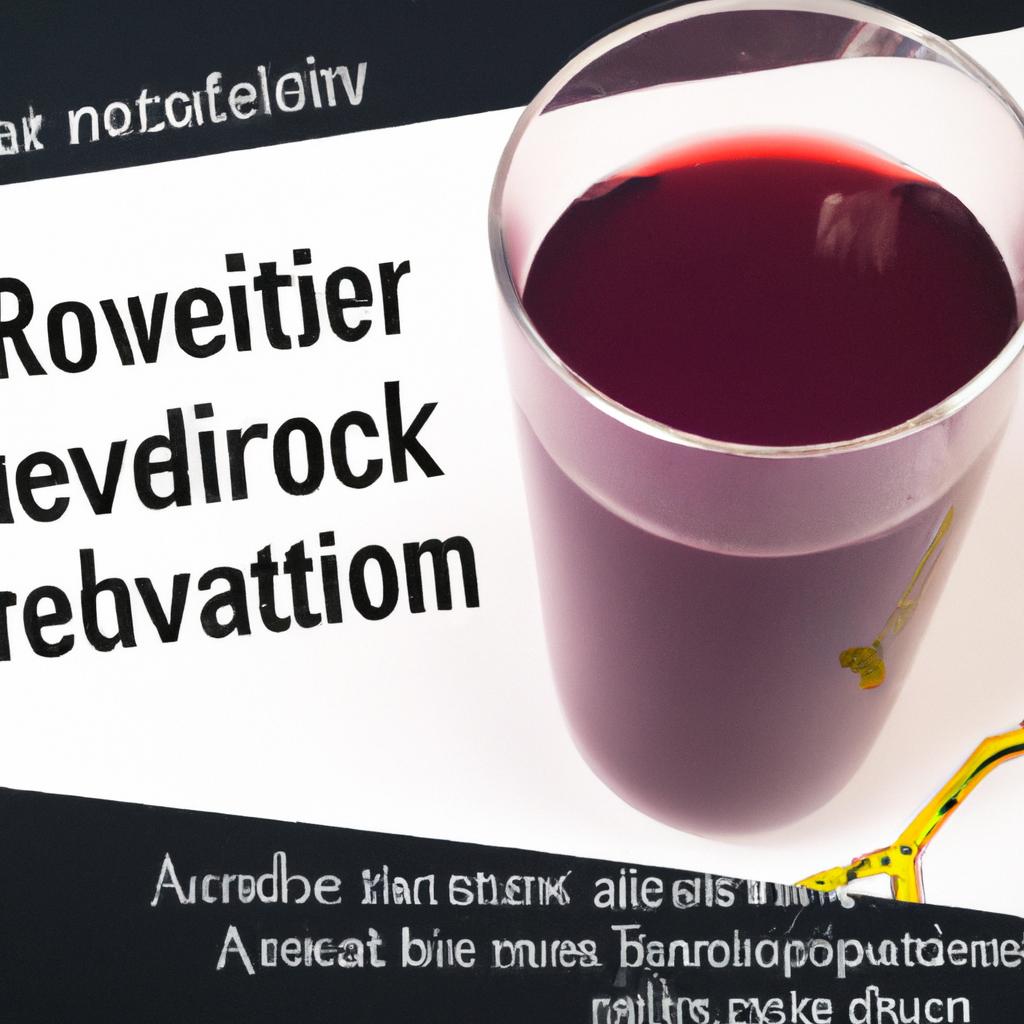**”Resveratrol and Athletic Recovery: Exploring the Role of This Antioxidant in Muscle Repair and Inflammation Reduction”**
# Resveratrol and Athletic Recovery: Exploring the Role of This Antioxidant in Muscle Repair and Inflammation Reduction
Athletic performance is not solely about rigorous training; it’s equally about recovery. As athletes push their bodies to the limit, the importance of recovery becomes paramount. An emerging player in the recovery arena is resveratrol, a powerful antioxidant found in certain plants, particularly in the skin of red grapes, berries, and peanuts. This blog post explores how resveratrol supports muscle repair and inflammation reduction, providing athletes with a natural tool to enhance recovery.
## Understanding Resveratrol
### What is Resveratrol?
Resveratrol is a polyphenolic compound that acts as an antioxidant in the body. It is most commonly associated with red wine; however, it is also found in a variety of other foods. Research has highlighted its potential health benefits, including anti-inflammatory properties, cardiovascular support, and neuroprotective effects.
### How Does Resveratrol Work?
Resveratrol works by neutralizing free radicals in the body, which can cause oxidative stress and damage cells. By combating oxidative stress, resveratrol plays a crucial role in reducing inflammation, which is particularly beneficial for athletes who experience muscle soreness and damage from intense training.
## The Role of Resveratrol in Athletic Recovery
### Muscle Repair
After strenuous exercise, muscle fibers undergo micro-tears, leading to soreness and inflammation. Resveratrol can aid in muscle repair by enhancing the body’s recovery processes. Studies suggest that resveratrol promotes the activation of satellite cells, which are responsible for muscle regeneration. By facilitating muscle repair, resveratrol may help athletes recover faster, allowing them to return to training sooner.
### Inflammation Reduction
Inflammation is a natural response to exercise; however, excessive inflammation can hinder recovery. Resveratrol’s anti-inflammatory properties can help mitigate this response. Research has shown that resveratrol can lower levels of pro-inflammatory cytokines, which are molecules that promote inflammation. By reducing inflammation, athletes may experience less pain, improved mobility, and a quicker recovery time.
### Enhanced Endurance and Performance
In addition to recovery, resveratrol has been linked to enhanced endurance. Studies have indicated that resveratrol can improve mitochondrial function, which is crucial for energy production during prolonged exercise. Improved endurance not only benefits athletic performance but also contributes to more effective training sessions.
## Nutrition Tips for Incorporating Resveratrol
### Foods High in Resveratrol
To harness the benefits of resveratrol, consider incorporating the following foods into your diet:
– **Red Grapes**: A primary source of resveratrol, enjoy them fresh or in the form of red wine (in moderation).
– **Berries**: Blueberries, cranberries, and mulberries are excellent sources.
– **Peanuts and Pistachios**: Snacking on these nuts can provide a healthy dose of resveratrol.
– **Dark Chocolate**: Look for varieties with a high cocoa content for additional health benefits.
### Supplements
While whole foods are the best source of nutrients, some athletes may benefit from resveratrol supplements. It’s important to consult with a healthcare provider or a nutritionist before starting any supplement regimen to ensure safety and effectiveness.
## Exercise Advice for Optimal Recovery
### Incorporating Active Recovery
Active recovery, such as light exercise or stretching on rest days, can enhance the benefits of resveratrol. Gentle activities promote blood flow to the muscles, helping to flush out toxins and reduce soreness.
### Hydration
Proper hydration is critical for recovery. Water supports metabolic processes, including the transport of nutrients and the removal of waste products. Consider adding electrolyte-rich drinks post-exercise to replenish lost minerals.
### Sleep and Rest
Adequate sleep is essential for recovery. During sleep, the body undergoes repair processes, including muscle recovery and hormone regulation. Aim for 7-9 hours of quality sleep each night to support your recovery efforts.
## Health Benefits Beyond Athletic Recovery
In addition to its role in muscle repair and inflammation reduction, resveratrol offers various health benefits:
1. **Cardiovascular Health**: Resveratrol has been shown to improve heart health by lowering blood pressure and improving cholesterol levels.
2. **Cognitive Function**: Some studies suggest that resveratrol may enhance cognitive function and protect against neurodegenerative diseases.
3. **Anti-Aging Properties**: Resveratrol is often touted for its potential anti-aging effects, primarily due to its ability to combat oxidative stress.
## Conclusion
Incorporating resveratrol into your diet can significantly impact athletic recovery, muscle repair, and inflammation reduction. By leveraging the power of this antioxidant, athletes can enhance their recovery processes and maintain optimal performance levels. As with any dietary change, it’s essential to combine resveratrol with a balanced diet, proper hydration, and adequate rest for the best results. Whether through food or supplements, resveratrol can be a valuable ally in the quest for improved athletic recovery and overall health.















Post Comment